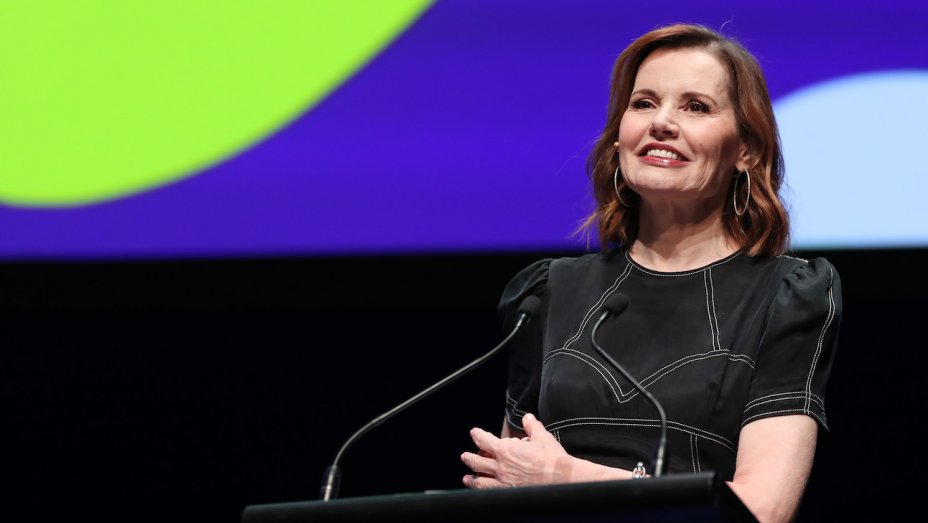Academy Award-winning actress Geena Davis has announced a partnership with Walt Disney Studios to use a new digital tool that will use AI technology to assess film and television scripts for gender bias, according to The Hollywood Reporter.
- Davis announced the partnership at the Power of Inclusion Summit in New Zealand last week.
- The new tool is called "GD-IQ: Spellcheck for Bias” and it uses patented technology developed at the University of Southern California Viterbi School of Engineering to analyze the text of a script and determine its number of male and female characters and whether they are representative of the real population at large.
- The technology can also be used to assess the number of characters who are people of color, LGBTQI, possess disabilities, or are members of other underrepresented groups in film and television.
- “Spellcheck for Bias” can also asses the number of speaking lines each group has, the sophistication of their vocabulary and the status or positions of power they possess.
- With this data, film and TV creators can make informed adjustments so as to not perpetuate stereotypes.
- Davis acknowledged the severe gender imbalance in the film and television industry, pointing out that "last year just eight percent of the top 250 films were directed by women."
What they’re saying:
- Geena Davis: "I'm very proud to announce we have a brand new partnership with Walt Disney Studios using Spell Check for Bias. They are our pilot partners and we're going to collaborate with Disney over the next year using this tool to help their decision-making, identify opportunities to increase diversity and inclusion in the manuscripts that they receive. We're very excited about the possibilities with this new technology and we encourage everybody to get in touch with us and give it a try."
- Davis (continued): "Nearly every sector of our society has a huge gender disparity, particularly in leadership positions. So how long is it going to take to correct that, to reach parity? No matter how hard we work, we can't snap our fingers and suddenly half the corporate boards are women. It's going to take a long time to make some of these changes. But here's my theory of change. There's one category of gross gender inequality where the underrepresentation of women can be fixed absolutely overnight – and it's onscreen. The very next project somebody makes – the next movie, TV show – can be gender-balanced. We can make this change happen very fast. In the time it takes to create a new show or a new film, we can present a whole new vision of the future. Yes, there are woefully few female CEOs in the world, but half of them can be female onscreen immediately. How are we possibly going to get the number of women and girls interested in STEM careers that we need for science, technology, engineering and math? There can be droves of women in STEM careers now on TV and in movies, and then it will happen in real life."

